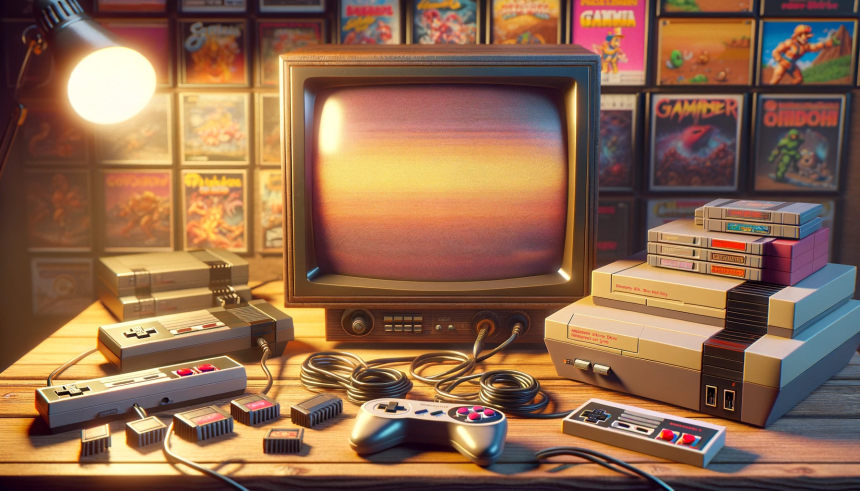In the competitive landscape of hero shooters, “Marvel Rivals” continues to stir discussion among its player base regarding team composition strategies. As players navigate the game’s intricate hero design and team-up mechanics, the absence of a role lock system has become a focal point of debate. This dynamic gameplay environment encourages experimentation and diverse strategic approaches, fostering a rich competitive scene. New strategies emerge as the community adapts to the developers’ ongoing content updates and balance adjustments.
Player feedback mirrors earlier responses seen in similar games, emphasizing the desire for more structured roles within teams. Unlike previous instances where developers might have altered game mechanics in response to community demands, “Marvel Rivals” maintains its current role queue system. This decision underscores a commitment to fostering a versatile and adaptable gameplay experience, pushing players to innovate within the existing framework.
Developer’s Stance on Role Queue
“We totally get that the community is discussing role lock and role queue,” Marvel Rivals director Guangyun Chen says in an interview with Metro.
The development team emphasizes game balance and the potential for diverse team compositions through hero design and team-up mechanics. Chen highlights the intention to provide players with greater freedom to experiment and develop unique strategies, expecting this approach to enrich the gaming experience for everyone.
Impact on Team Composition Strategies
The lack of a role lock system has led to varied team compositions, with players exploring different combinations beyond the traditional balanced setups. For instance, teams may adopt compositions like 2-3-1 or 3-1-2 instead of the standard 2-2-2, leveraging the strengths of specific heroes and their team-up abilities. This flexibility can result in unexpected advantages, such as enhanced survivability or increased offensive power, depending on the chosen strategy.
Future Updates and Game Dynamics
Looking ahead, the developers plan to introduce new heroes and refresh team-ups with each seasonal update. These changes aim to keep the gameplay dynamic and engaging, allowing for the continuous evolution of team strategies. By regularly updating team-ups, the game encourages players to adapt and refine their compositions, ensuring that the competitive landscape remains vibrant and challenging.
Developers’ focus on maintaining the role queue system, coupled with ongoing updates, aims to sustain a balanced yet flexible competitive environment. Players are encouraged to explore various team compositions and strategies to maximize their effectiveness in matches. As the community continues to experiment and discover effective setups, the game’s depth and replayability are expected to enhance, contributing to its long-term success.










